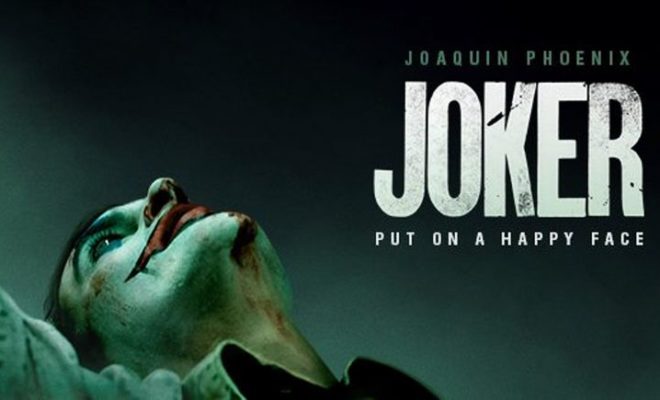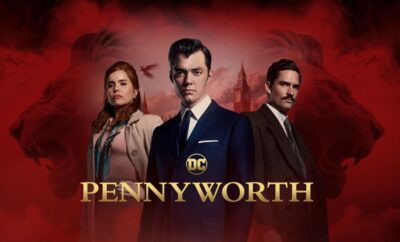
Movie Reviews
Joker
By: Maggie Stankiewicz
The question of whether or not Joker is a successful film depends heavily on viewer perspective. If you watch the film as a diehard fan of director Todd Phillips – it was a hit. Joker is everything Todd Phillips vowed to become when he messily bowed out of comedy. It’s brutal, it’s uncomfortable and it’s certainly not socially sensitive. If you’re a fan of Joaquin Phoenix, who plays Arthur Fleck (a/k/a Joker), the film is also wildly successful for his performance commands accolades from every Academy in the business. Unfortunately, if you’re a fan of feeling safe or even a fan of a well-written story, Joker might not be for you.
Joker is meant to be an origin story that chronicles Arthur Fleck’s (Joaquin Phoenix) descent into madness as he assumes the persona of the sinister comic book villain. While it does chronicle and it does depict a man falling into madness, it forgets to include an essential element – the comic book. Joker is riddled with references to Bruce Wayne’s family, but there is no camp or removal from reality. The film strips away the comic book magic to portray an all too real psychopath with access to unlimited lives to take.
From the film’s opening scenes it’s clear that Joker wants so desperately to be seen, to be revered, to be taken seriously – much like its titular character. As the film progresses it tries increasingly hard to be a strong stand-alone film, but still relies on the Wayne legacy for filler, exposition and even for support when the story fumbles. It tries to be edgy and ends up playing out like a high budget fan film produced by rabid Redditors. It tries to make astute social commentary, but the messaging comes across like a The Purge rip-off. It tries – but it rarely sticks the landing.
This isn’t to say that Joker is without its strengths. The film started off of a clear character study of a deeply lonely, mentally ill man. The first twenty-percent of the movie is what Joker should have remained. It was nuanced, well-balanced and narratively objective in terms of Arthur Fleck’s mental illness. It was clear that Arthur was sick. As the film progressed, along with Arthur’s sickness, the movie moved from objective character observations to something heavily biased and pleading for empathy towards a murderous man. Todd Phillips’ desire to create something uncomfortable came into full fruition, but at the detriment of the film’s impact and reception.
Frances Conroy’s portrayal of equally mentally-ill Penny Fleck is more compelling than Arthur’s story, though it still plants the seeds for an “excuse” to Arthur’s own malice and it’s difficult to watch the darling actress play someone with the capacity for evil. However, she pulls it off seamlessly; holding her own against Joaquin Phoenix’s masterful performance. Zazie Beetz charms in the little screen time that she has as Sophie and Robert De Niro is consistently strong, hamming it up as Arthur’s idol talk show host Murray Franklin. Perhaps it’s a testament to how powerful the performances are, but the characters in Joker feel real – because they could be.
Sophie is the sweet, single-mom next door. Young and beautiful and so vulnerable to the fixations of a dangerous man. Franklin is a powerful comedian turned talk show host loved by the huddled masses but still several social classes above them. They’re the people we see on TV, the woman we wave to down the hall and the victims of Arthur’s obsession (to vastly different degrees). Audiences should feel more for these characters, but somehow Joker reduces them to caricatures; gaslighting them through Arthur’s narrative. It’s a deeply complex relationship this film has to its own characters and plot devices.
At the end of the day, Joker isn’t a bad movie. It’s an irresponsible one. To tell the tale of a man who fits the profile of so many men who gain notoriety for the terrible things they do, to see a movie in which a man who represents them get everything he wants simply because he hurts people, feels like a terribly timed message for today’s climate. Movies don’t all need happy endings, but they shouldn’t validate a maniac’s manifesto either.





You must be logged in to post a comment Login